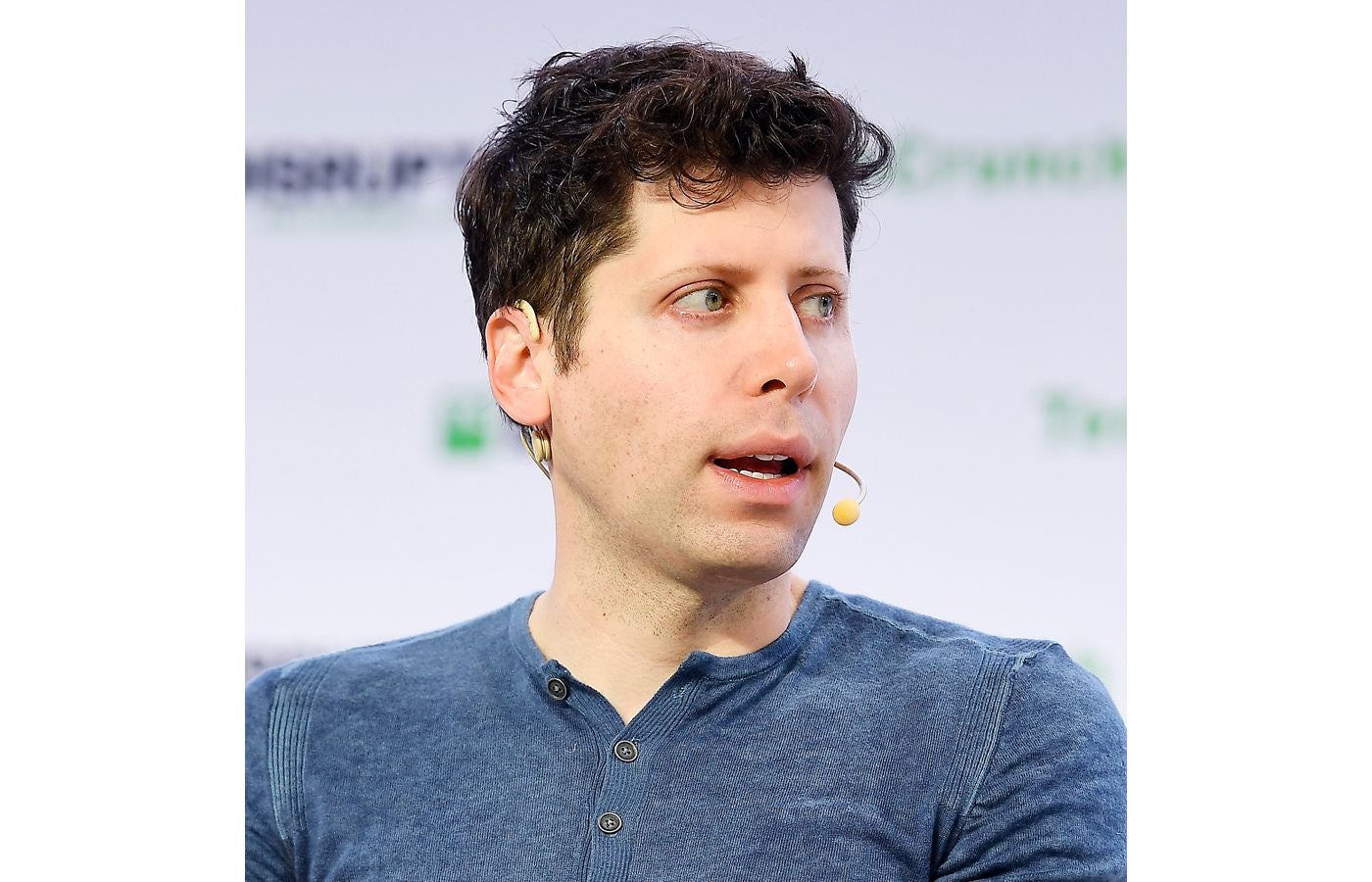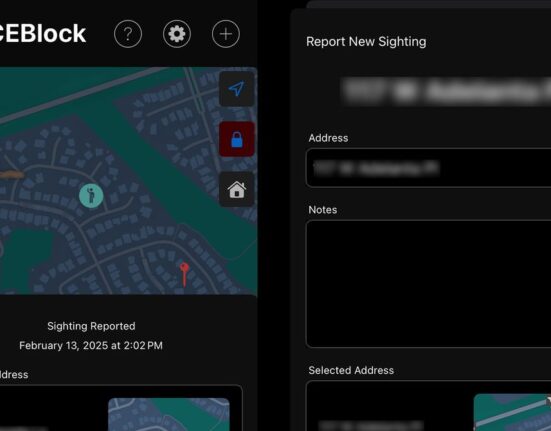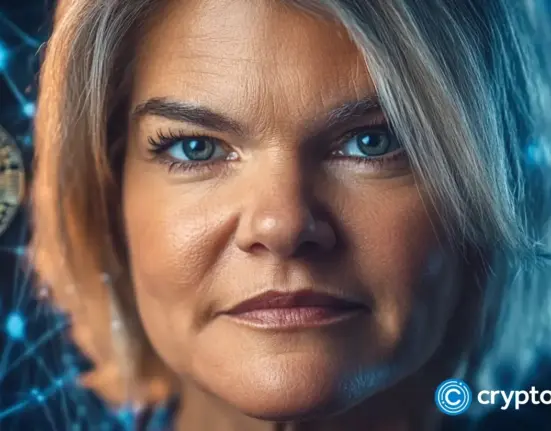OpenAI, the company behind ChatGPT, has just completed the largest private tech funding round in history — raising $40 billion at a $300 billion valuation. The deal, led by Japan’s SoftBank with backing from Microsoft and other investors, solidifies OpenAI as one of the world’s most valuable private companies, trailing only SpaceX and rivaling TikTok’s parent company, ByteDance.
A historic deal in tech funding
The scale of this funding round is unprecedented. Before OpenAI, the largest private tech deal was Ant Group’s $14 billion raise in 2018. This new funding more than doubles that record and highlights the surging investor enthusiasm for artificial intelligence.
SoftBank is leading the charge with a $30 billion commitment, with the rest coming from Microsoft, Coatue, Altimeter, and Thrive. OpenAI has positioned itself as the leader in generative AI, with its flagship product, ChatGPT, now boasting 500 million weekly users, up from 400 million just last month. That rapid adoption has made the company a prime target for investors looking to stake a claim in the AI boom.
Where will the money go?
OpenAI says the fresh capital will help push the boundaries of AI research, expand its computing infrastructure, and accelerate the development of artificial general intelligence (AGI). A significant portion — around $18 billion — is reportedly earmarked for OpenAI’s Stargate project, a $500 billion initiative with SoftBank and Oracle to build next-generation AI data centers.
However, there’s a catch: The deal includes a clause requiring OpenAI to transition into a fully for-profit company by the end of 2025. If it fails to do so, the funding could be slashed by as much as $10 billion. This restructuring plan has drawn scrutiny, with concerns about the company’s unique nonprofit-to-capped-profit hybrid model and potential regulatory challenges.
Why are investors betting so big?
This massive funding round comes amid a surge in AI adoption across industries. Since ChatGPT launched in late 2022, OpenAI has become a household name, influencing how businesses and individuals use AI.
CEO Sam Altman reflected via an X post on its rapid rise, “The [ChatGPT] launched 26 months ago was one of the craziest viral moments I’d ever seen, and we added one million users in five days,” he notes. “ We added one million users in the last hour.”
The company’s revenue is also skyrocketing. OpenAI expects to generate $12.7 billion in 2025, a massive leap from $3.7 billion last year. Despite its rapid growth, OpenAI is still a cash-hungry operation. Insiders say the startup profitability is still a long way off — estimates suggest OpenAI may not be cash-flow positive until 2029, when it expects to generate $125 billion in revenue.
Altman also hinted at the company’s next big move — an open-weight language model with advanced reasoning capabilities set to launch in the coming months.
The race to AI supremacy
Despite its dominance in the AI space, OpenAI faces stiff competition from rivals like Google’s DeepMind, Amazon, Perplexity, and Anthropic. The AI industry is expected to generate more than $1 trillion in revenue within the next decade, and every major tech player is racing to lead the charge.
With this record-breaking investment, OpenAI is well-positioned to shape the future of AI. But whether it can navigate regulatory hurdles, restructuring challenges, and increasing competition remains to be seen.








